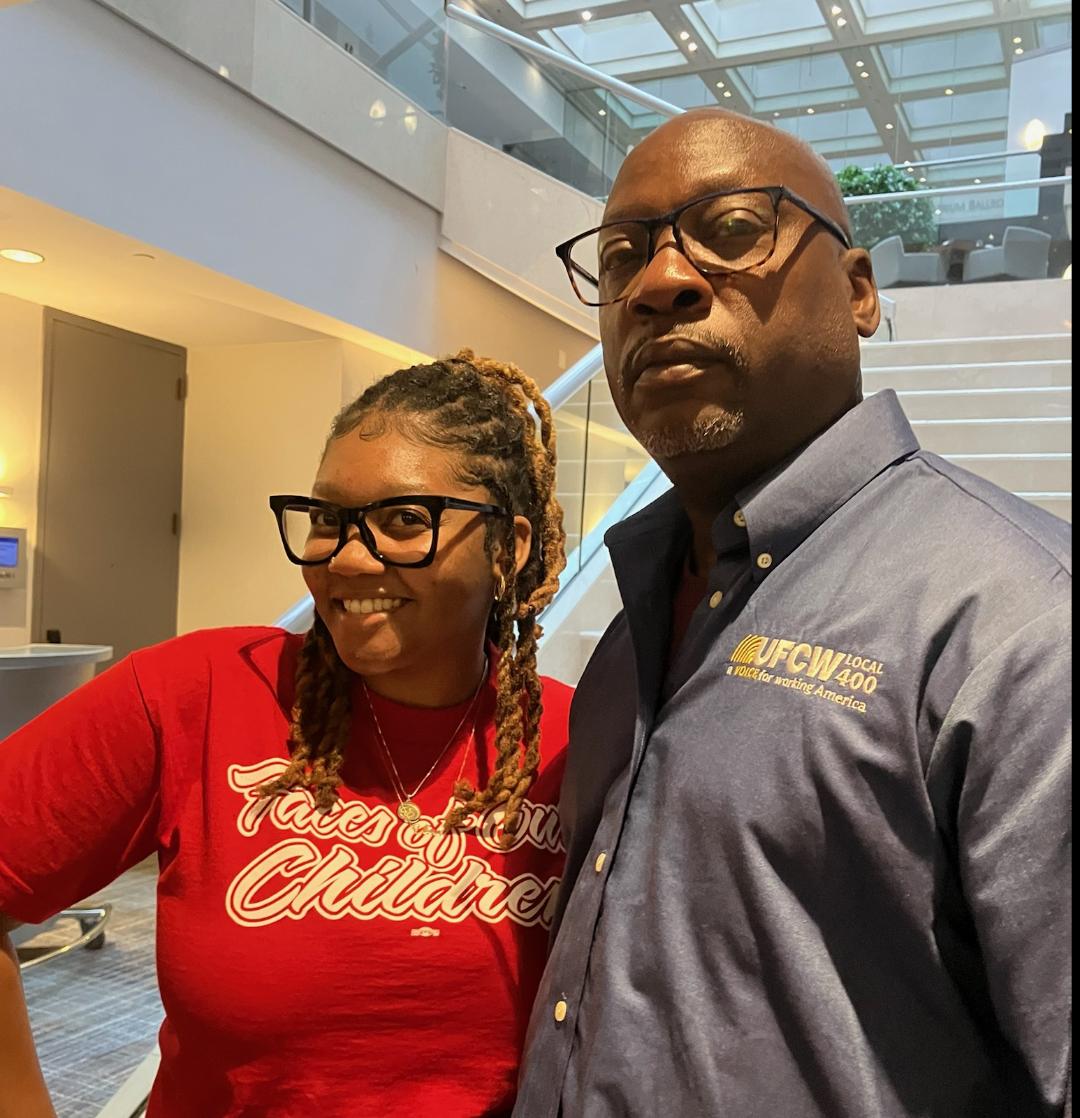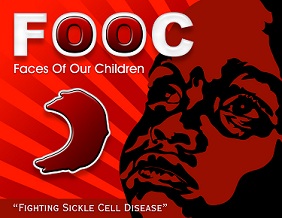-
Upcoming Events
No Events Found Donate Now!
More than 100,000 people in the United States have sickle cell disease.
Sickle cell disease affects 1 out of every 365 Black or African American births.
People with sickle cell disease may need as many as 100 units of blood each year.
Your donations help provide essential everyday needs for families, fund programs that help support, and continue research for affordable cures for those with sickle cell disease. Donate today and click below. Your support is needed and appreciated.
LATEST NEWS
Sep 8, 2025
JaNae Pritchett received Faces of our Children scholarship and will be attending Norfolk State University.Feb 8, 2024
Eboni Fuller with her dad. Eboni received Faces of our Children 1st scholarship.



|
|


